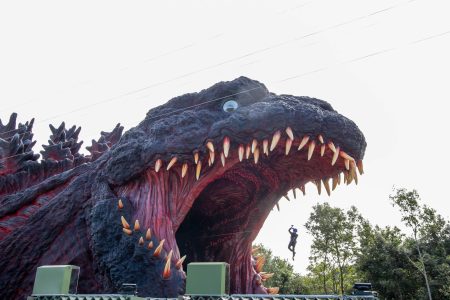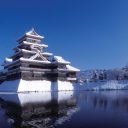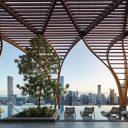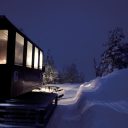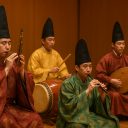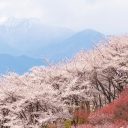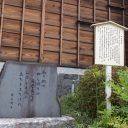Enhance your snow experience with gear designed for Japanese mountains

Masayuki Akiba plied his trade as a pro skier in all sorts of ways from races to demonstrations, yet what made him decide to try his hand at developing ski gear 22 years ago? At the time, the ski boom in Japan was entering its twilight era and there was already a saturation of ski brands in the market. In fact, it probably wasn’t the best idea to start a ski-manufacturing brand as a new business venture during this time.
“Powder snow was a relatively new, fascinating field at the time, and there wasn’t any good gear available suited to it. There were definitely wider skis around, but none of them had a waist (centre width) of over 100 mm and all of the skis were lacking in terms of glide and turnability compared to the ones I’d used at the time. You can’t simply assume that ‘fat’ (wide) skis are good enough because they float well. The thought occurred to me that I had to make my own fat skis that had superior turnability and that’s what led to me deciding to create my own brand. Japan is a country of snow and there are many talented skiers who have devoted their time to racing and demonstrations. It was my hope to produce multi-faceted gear that would satisfy these very skiers.”
It wasn’t Masayuki’s explicit intention to design skis for the Japanese market, but his gear became renowned as the best-suited skis for tackling the snowing mountains in Japan.
“Ski areas in Europe that cross the forest line have hard snow below the surface and powder snow that does accumulate often sits no higher than below the knee. The areas here are vast, making for long skiing runs. That’s why European skis are often on the stiffer side with more torsion, even when they’re geared for powder snow. Conversely, North America features more tree runs, so people tend to prefer skis that allow for mid-to-short turns on fluffy snow rather than those suited to big turns and high speed. When we take a look at Japan, many environments feature a combination of these aspects. There are courses that resemble the European ones beyond the forest line as well as tree runs filled with dry powder snow, not to mention a range of different conditions in places with powder snow. Through my experience across various slopes in different countries, my goal for VECTOR GLIDE is to produce skis that have the functionality to suit all conditions and situations.”
What sets VECTOR GLIDE apart from existing skis is the focus on four different aspects of longevity. The first is physical longevity—they don’t break. The second is functional longevity—they continue to work as they were made to, allowing you to have fun skiing with them for years. The third is design longevity—the simple, universal design of the skis means that they do not become “outdated models.” The final aspect is product-value longevity—the skis don’t age nor lose value no matter how many years go by. VECTOR GLIDE skis do not go “off trend” or “out of season” and experience a sharp decline in price.
“In Japan, there are courses where we can enjoy backcountry and powder skiing, right at our doorstep. VECTOR GLIDE has just the right model of skis for you to suit the various snow types and conditions here in Japan. If you’re in the Powder Belt, you can have a feel for our skis yourself at OMO7 Asahikawa and have your skis delivered right to your accommodation if you order online. I’d love for you to experience our skis out on the slopes here on your next trip to Japan.”
